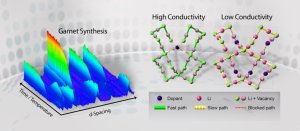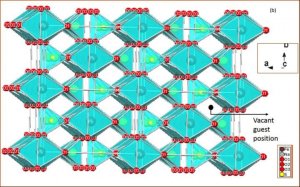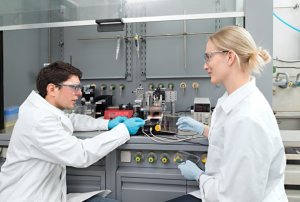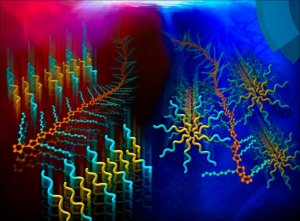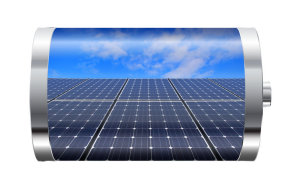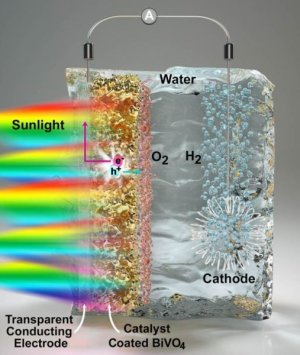Neutrons offer guide to getting more out of solid-state lithium-ion batteries
A new study has revealed promising results that could drastically boost the performance of solid-state electrolytes, and could potentially lead to a safer, even more efficient battery. Researchers used neutron diffraction (the VULCAN instrument, SNS beam line 7) to conduct an in-depth study probing the entire structure evolution of doped garnet-type electrolytes during the synthesis process to unravel the mechanism that boosts the lithium-ionic conductivity.

